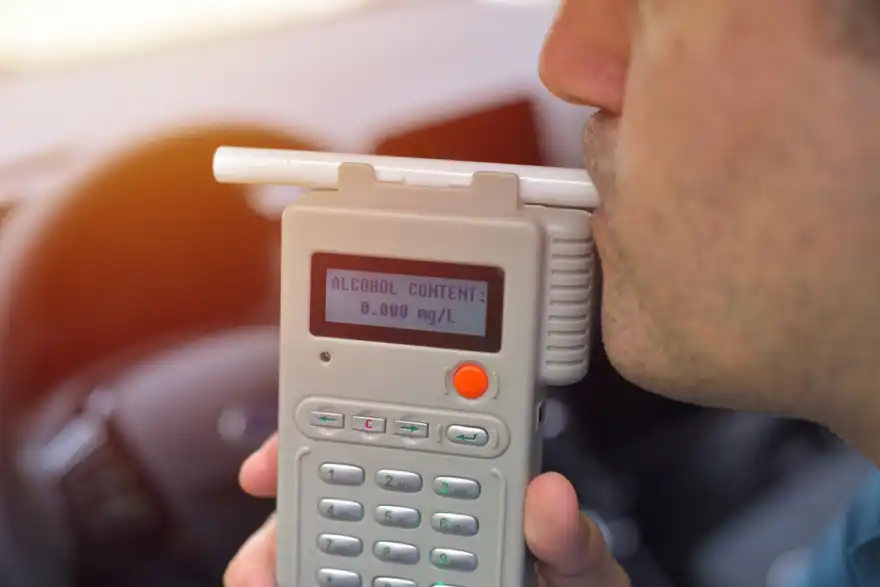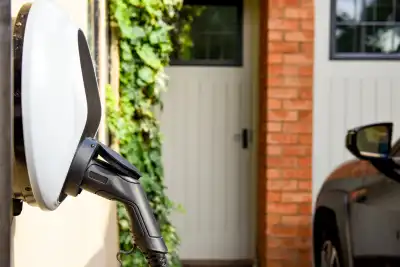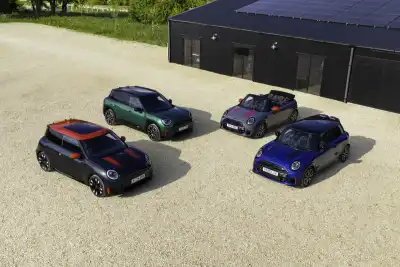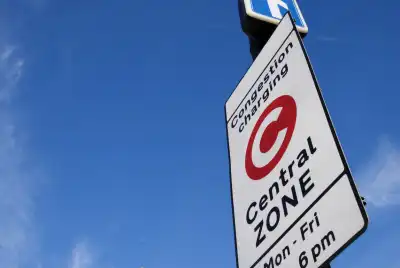
More than half of UK drivers want to see "alcolocks" – breathalyser devices that stop a car from starting if alcohol is detected – fitted in the cars of drink-driving offenders.
These devices, also called alcohol-interlocks, require the driver to blow into a tube before every journey. If there’s alcohol in their system, the car won’t start.
The idea is picking up traction after stats revealed that tens of thousands of drink-drivers go on to reoffend. According to an RAC poll, 53% of drivers think courts should be able to make offenders use an alcolock, to stop them repeating the same mistake.
Between 2013 and July 2024, over 27,000 people were caught drink-driving more than once, according to a Freedom of Information request to the DVLA.
Countries like Australia, Belgium, Finland, Canada, and parts of the US already use alcolocks for repeat offenders – and in many cases, offenders can only get back on the road after a short ban if they agree to drive with one fitted for at least a year.
Do Alcolocks Actually Work?
It depends who you ask. While just over half support them, 23% of drivers said they don’t think alcolocks would make a difference, and another 23% weren’t sure. But nearly three-quarters of drivers agreed that something needs to be done to tackle drink-driving.
And with over 47,000 people convicted of driving under the influence in 2023 alone, it’s a growing concern. In 2022, 300 people were killed in drink-drive crashes in the UK.
Simon Williams from the RAC said, “Too many lives are lost and ruined by drink-driving. It's also very apparent that many of the drink-drivers caught by the police are reoffenders which implies something different needs to be done to change this dangerous behaviour.'
He added "We are aware that their use may be seen as a soft option by some, but experience from other countries suggests the opposite. "
"Simply banning habitual drink-drivers doesn't seem to be the answer even though they face a prison sentence, as all too often they just get behind the wheel again anyway,"
How Would It Work in the UK?
Alcolocks could be fitted by court order for repeat or even first-time offenders. Drivers would need to give an alcohol-free breath sample to start their car. In most countries, offenders pay for the device themselves – although help is sometimes offered for those who can’t afford it.
From July 2024, all new cars sold in the EU must be "alcolock-ready", meaning they can be easily fitted with one if needed. The UK hasn't followed suit just yet, but that could change.
In New Zealand, drivers must use an alcolock for at least a year. If they blow alcohol during that time, the clock resets. Once they’ve gone six clean months, the device is removed – but they then receive a zero-alcohol licence for three years. If they’re caught with any alcohol in their system, they’re banned again.
When UK drivers were asked if they’d support a similar system here, two-thirds said yes.
What’s Next?
Right now, UK courts can ban drink-drivers, order them to take rehabilitation courses, or give prison sentences for repeat offences. The RAC wants the Government to explore mandatory alcolocks as a new option in its upcoming road safety strategy.
So, could we see alcolocks become the norm for drink-driving offenders? The public seems ready – now it’s up to the Government.




